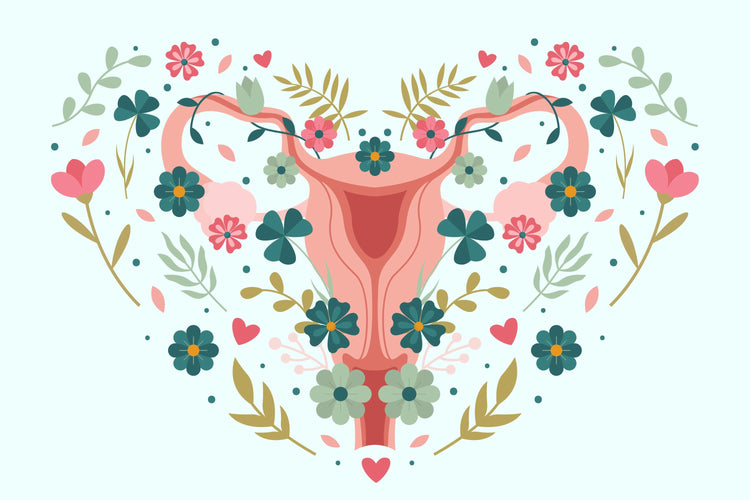What is hirsutism?
.png?v=1664982166735)

Related products
What’s covered?
What is hirsutism?

Hirsutism is a condition of abnormal and excessive hair growth in women. It may affect the face, chest, and back. Hirsutism can be embarrassing and make a woman feel self-conscious. In severe cases, it can cause psychological distress. The good news is that treatments are available to help manage the condition.
What is hirsutism?
Hirsutism is the medical term for excess hair growth. While it's considered a normal part of development during puberty, some people continue to experience hirsutism into adulthood. Hirsutism can affect both men and women, but it's more common in women.
It can be a symptom of an underlying medical condition, such as polycystic ovary syndrome (PCOS) or adrenal gland disorders. Sometimes, hirsutism may also be caused by certain medications, such as testosterone replacement therapy or birth control pills.
Hirsutism can be a source of great distress and anxiety for affected individuals. In addition to excess hair growth, hirsutism may also cause the thickening of facial and body hair and changes in skin texture. While there is no cure for hirsutism, treatments available can help reduce hair growth and improve appearance.
What Causes Hirsutism?
There are many possible causes of hirsutism, including genetics, certain medical conditions, and certain medications. Hirsutism can also be caused by an excess of male hormones (androgens) in the body. This can be due to a hormone-secreting tumour, natural fluctuations in hormone levels, or the use of certain drugs, such as anabolic steroids.
How is Hirsutism Diagnosed?

Hirsutism can be diagnosed physically by examining the patient's skin and hair. The density, distribution, and length of the hair are all important factors. The physician may also look for evidence of other signs of virilization, such as a deepened voice, acne, or increased muscle mass.
Blood tests may also be ordered to check for high levels of androgens or other hormones. In some cases, further testing may be necessary to rule out other conditions that can cause hirsutism. Imaging tests, such as ultrasonography or MRI, may be used to evaluate the ovaries or adrenal glands.
A biopsy may also be performed to check for conditions such as polycystic ovary syndrome (PCOS) or tumours. Ultimately, the decision on how to best diagnose hirsutism depends on the individual patient's symptoms and medical history.
Treatment Options for Hirsutism in women

There are several treatment options available for hirsutism, including medication, laser hair removal, and electrolysis.
Medications that may be used to treat hirsutism include oral contraceptives, anti-androgens, and adrenal suppressants. Lasers can help to remove unwanted hair by destroying the hair follicles.
Electrolysis is a process that uses electrical current to destroy hair follicles. This method is often used for small areas of excess hair growth. If you are concerned about excess hair growth, talk to your doctor about the best treatment option for you.
Conclusion

Hirsutism is a condition that affects many women worldwide. If you are concerned about excessive hair growth, talk to your doctor so they can help you find the best treatment option for you. You can manage the condition and regain confidence in your appearance with proper treatment.
To learn more about hirsutism or to view treatment options, read through our information page found here.







































 Rated Excellent by 26,523+ Reviews
Rated Excellent by 26,523+ Reviews